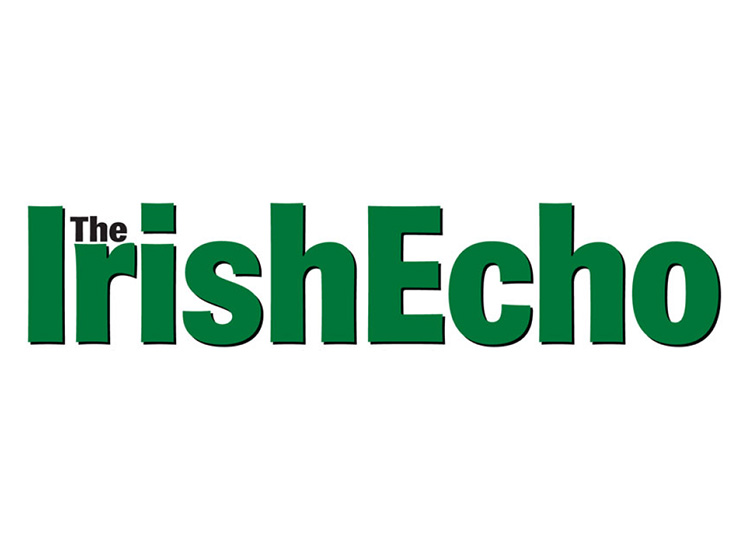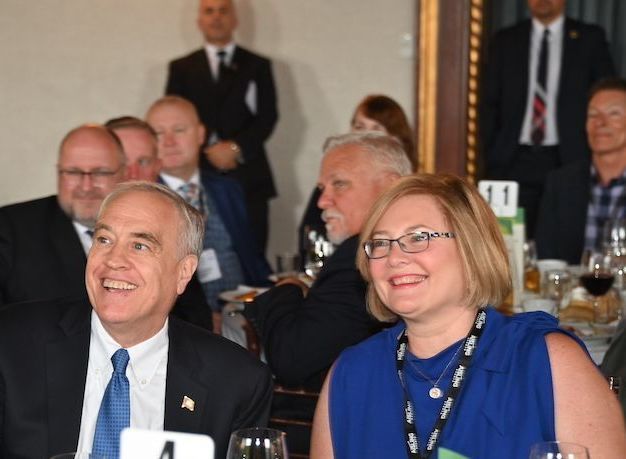Dr. Tony Holohan. RollingNews.ie photo.
By Anthony Neeson
Four people in the Republic of Ireland and two people in Northern Ireland have died as the Covid-19 virus spreads.
Every county in the Republic now has a confirmed case of the virus, while community transmission now accounts for 44 per cent of cases in the State, close contact accounts for 23 per cent, and travel abroad for 33 per cent.
Dr Tony Holohan, Chief Medical Officer at the Department of Health, said that the cases confirmed were “most likely exposed to Covid-19 prior to the introduction of the public health measures implemented on Friday, 13 March”.
“It is vital that everyone complies with the public health advice on hand and cough hygiene, working from home where possible and praticising social distancing of two metres.
“Public health doctors carrying out contact tracing are advising that confirmed cases are now reporting fewer contacts, which is an encouraging sign that people are following the public health guidance.”
The Irish defence forces are also playing their part in the war against the coronavirus. The Irish naval vessel LÉ Samuel Beckett which is moored on the Liffey in Dublin city centre has been transformed into a coronavirus testing centre.
The Army were visible at the weekend erecting tents alongside the vessel, while army engineers provided power and lighting.
More and more testing centres are opening around the country with local GAA and sporting facilities being used in many instances. Up to 13,000 individuals have been tested for the virus in the Republic, however, the average wait time is five days.
In reference to the test centres a HSE spokesperson said: “It is important to be clear that this service is only for people who are showing symptoms and who have been referred by their GP and not for the ‘worried well’.
“This is important, so that the service is not overloaded and to ensure that the health service are in a position to provide it for those who need it most.”
Meanwhile, Scouting Ireland is also preparing for its adult volunteers – of which there are 12,000 – to assist with the government’s plan to help protect elderly and vulnerable people during the health crisis by providing food supplies and collecting prescriptions.










